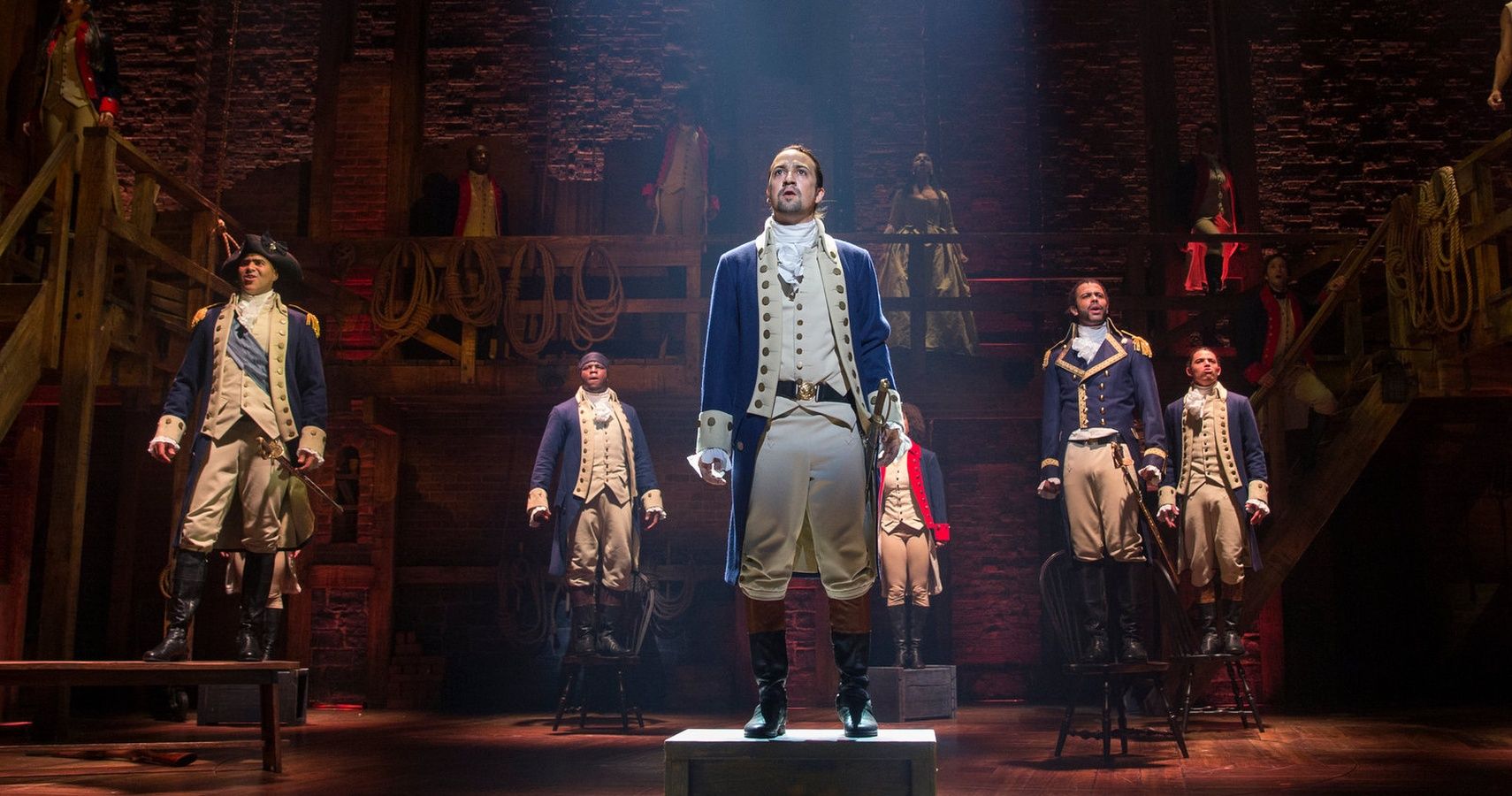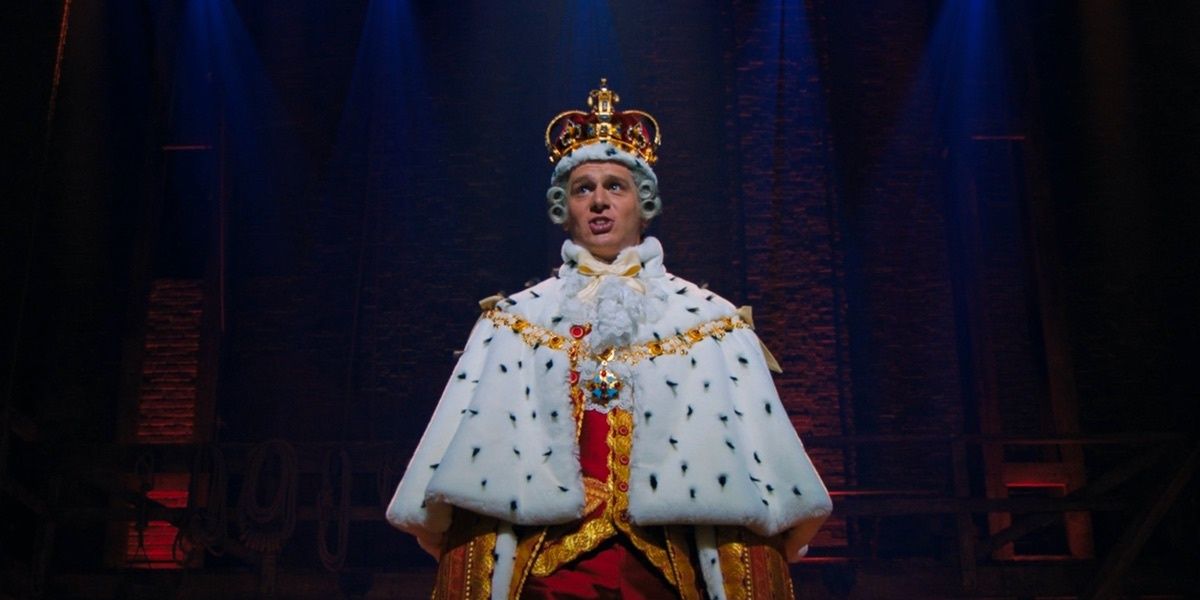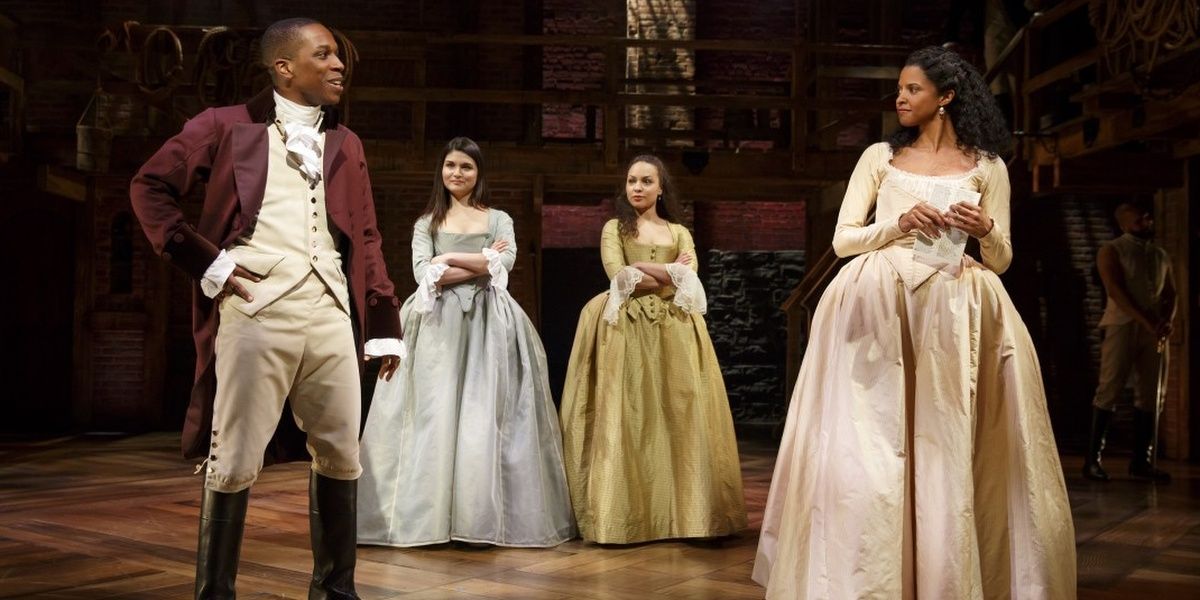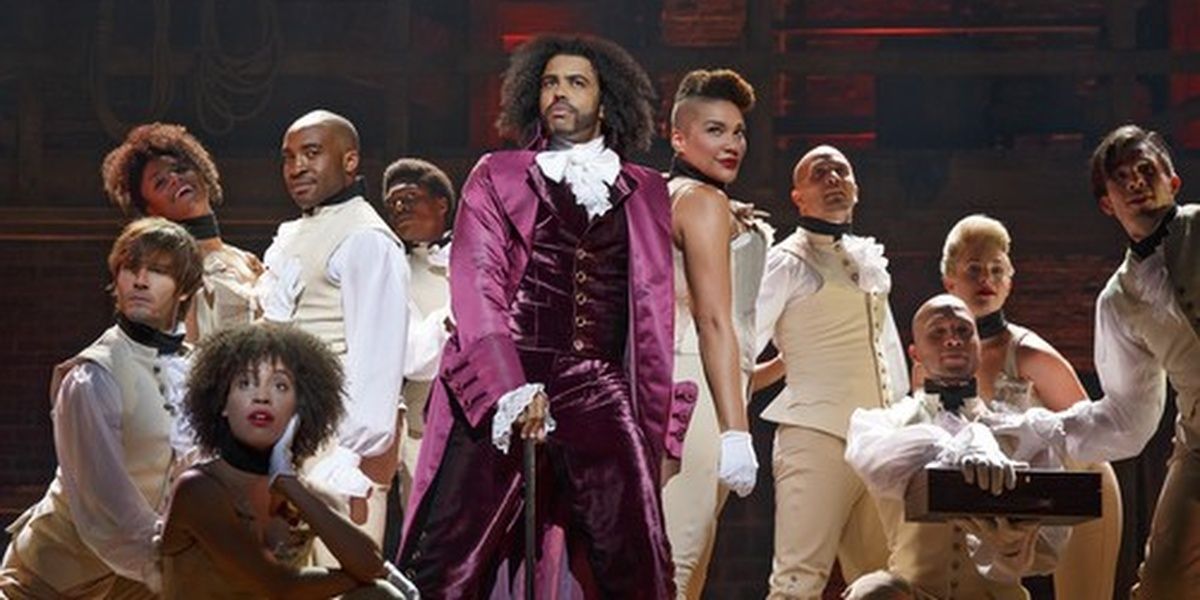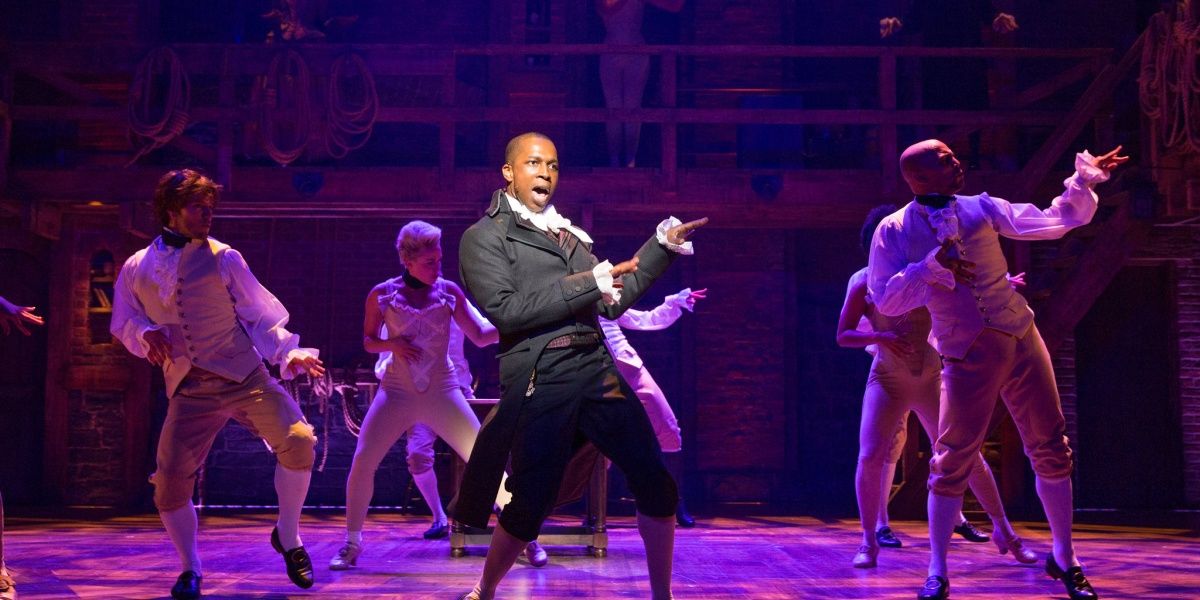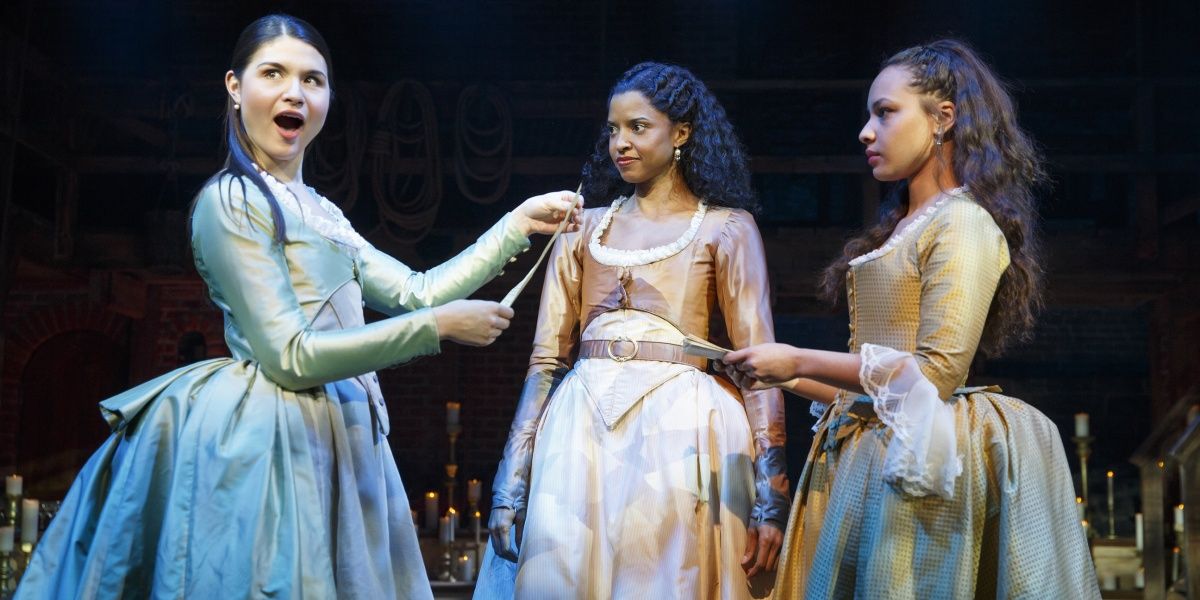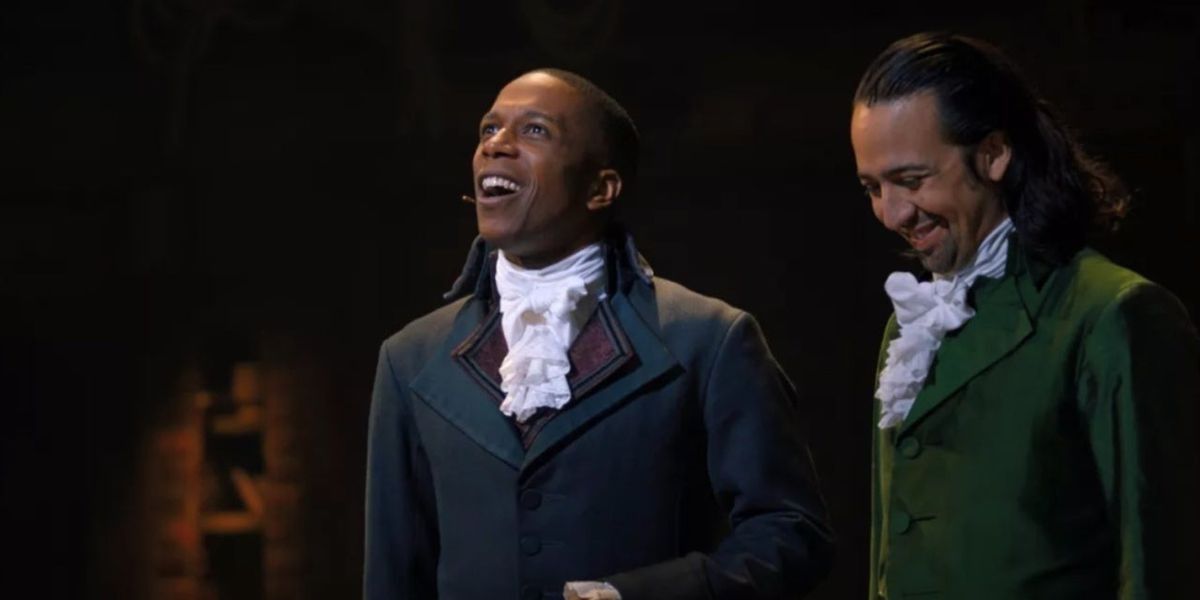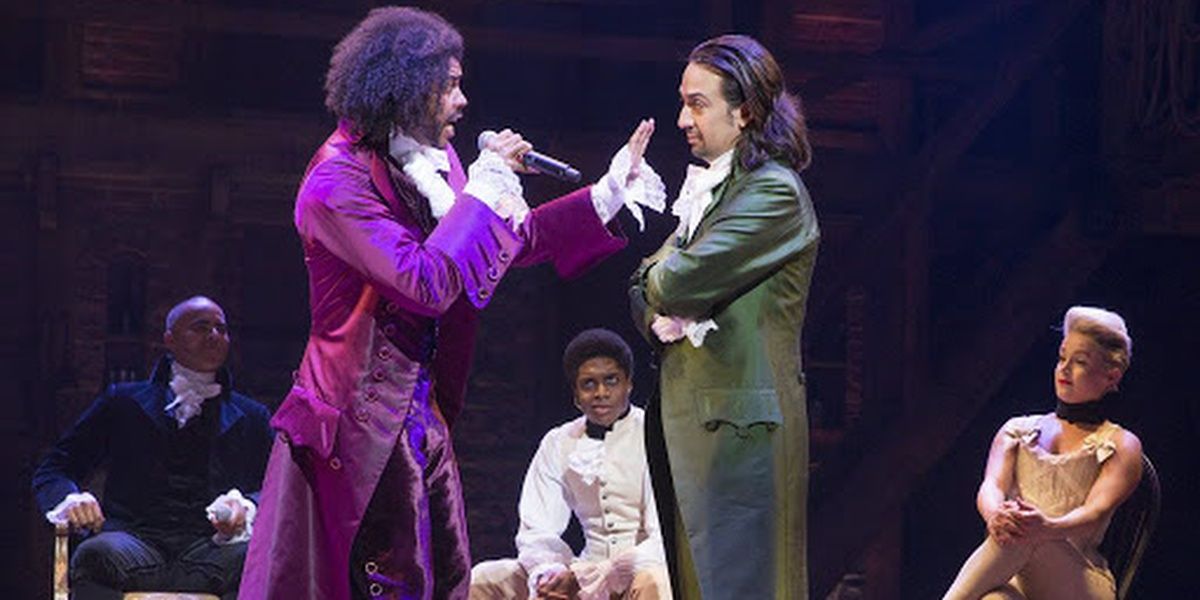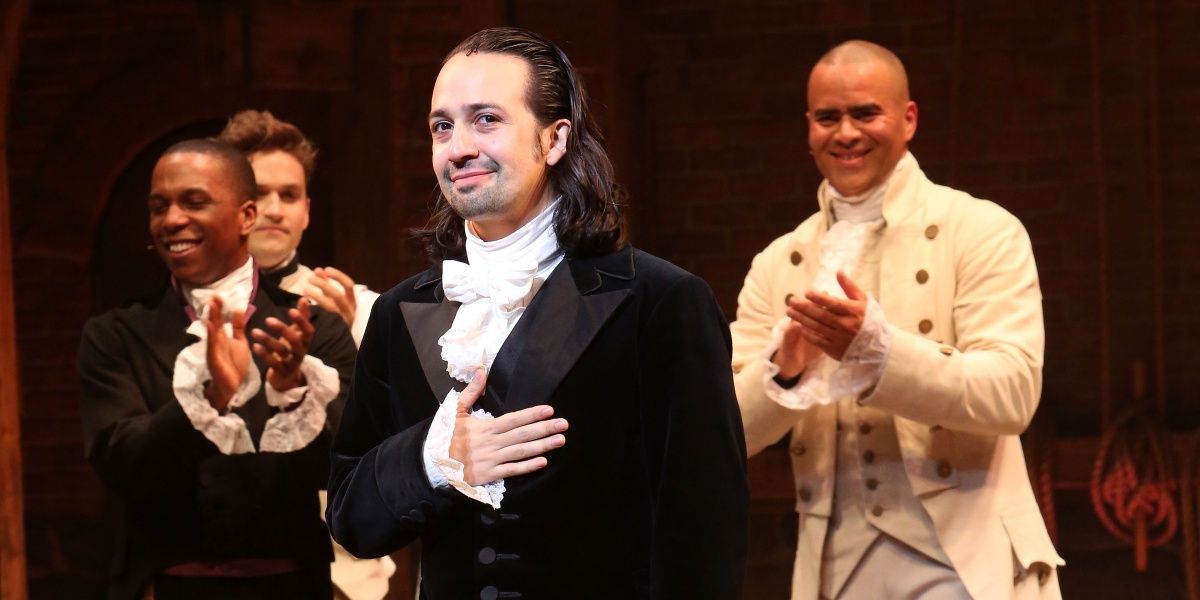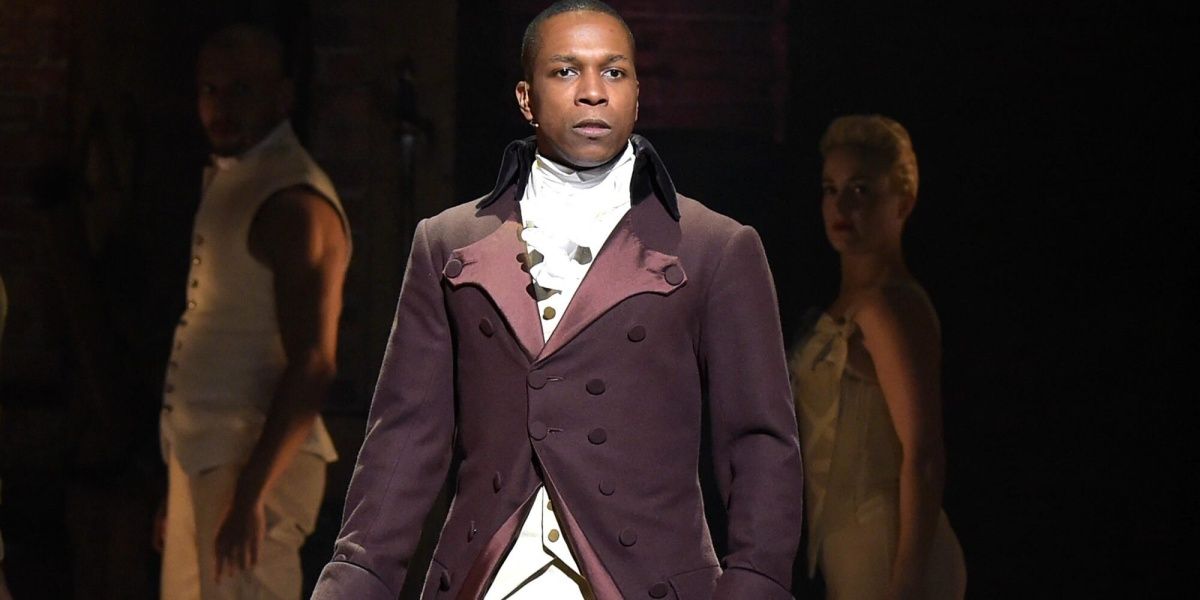Hamilton, the hit Broadway musical has made its way to the streaming service Disney+. The history lesson that incorporates rap and hip-hop has only been increasing in popularity ever since. Hamilton is the story of Alexander Hamilton and other important characters of the American Revolution. The play takes artistic license to depict historical figures and events and there are definitely some inaccuracies.
But Hamilton is simply an adapted story made into a musical more than it is a complete portrayal of history. The songs in the show are incredible. There are some lines that are absolutely mind-blowing and some that are incredibly hilarious. Knowing some of these historical facts will allow you to better appreciate the songs and the show.
Boston & Tea
King George III and Alexander make references to this in two different songs, "Farmer Refuted" and "You'll Be Back." A quick revision of what exactly happened here will help viewers understand better the references to Boston and Tea made in these songs.
The Boston Massacre began as a fight between the Americans and the British soldiers when a fire was opened that killed five Americans. American colonists were frustrated with this and Britain's taxes and in protest, went ahead and dumped around 342 chests of tea into the harbor.
The Declaration Of Independence
Thomas Jefferson, who appears in the second half of Hamilton, was indeed the one who penned down the United States Declaration of Independence. In the song "The Schuyler Sisters," Angelica talks about another piece of work, titled "Common Sense" which was written by Thomas Paine as well.
Jefferson was encouraged by this pamphlet when he wrote the Declaration, which indeed did not mention women as Angelica rightly points out. It does that say "that all men are created equal", which didn't mention women as a whole, but also wasn't actually true for a very long time.
Sally Hemings
Jefferson mentions her very briefly although the reference may be hard to catch in "What'd I Miss." The line simply says, "Sally be a lamb, darlin', won'tcha open it?" Sally Hemings is a real person who was enslaved and owned by Thomas Jefferson.
Hemmings bore him six children as well. While Hamilton doesn't deal too much with this aspect of history, in such small and mild ways, it makes oblique references to such characters from the neglected history.
Women Couldn't Vote Till 1920
There is a very amusing line in "The Election of 1800" when Aaron Burr is campaigning. He says, "It's eighteen hundred, ladies, tell your husbands: Vote for Burr!" This is actually poking fun at the fact that women still couldn't vote in the US at the beginning of the new century.
Women's legal right to vote in the US was established nationally only in 1920. And long ago in 1800, the only way in which women could assert themselves politically was by influencing their husbands' vote.
Corsets
Corsets were an essential part of women's attire in the 18th and 19th centuries. So when in "Aaron Burr, Sir" Hercules Mulligan says, "It's hard to have intercourse over four sets of corsets...," it is funny but also mostly true.
Corsets were severely restrictive items of clothing that essentially molded the female body in a particular way. The show also has the female characters wearing corsets in the first half of the musical. So a functional knowledge of this item of clothing will prove to be helpful to understand the difficult fashion of the times.
The Federalist Papers
In "Non-Stop," Alexander approaches Aaron Burr to ask him to help in the endeavor of defending the US constitution. Aaron Burr refuses and so Alexander goes on to do the same with the help of two others. This collection of essays is seen to be extremely influential and also helped in the ratification of the constitution.
And Alexander Hamilton did indeed write 51 of these essays in the span of six months. Alexander and the other authors initially tried to hide their identities as authors as well.
The French Revolution
In "Cabinet Battle #2," Jefferson and Alexander debate whether they should help their French allies. Alexander points out that the treaty they had signed with the French, was with their King who is now dead.
A slightly colorful lyric by Alexander is followed by him picking up an imaginary severed head in the musical as well. Looking back at the French Revolution will help understand how the monarchy collapsed and how King Louis XVI was executed by the guillotine. This understanding will help to better appreciate Alexander's arguments in the song.
New York City Was The Old Capital
It is in "The Room Where It Happened" that decisions are made as to where the new Capital would be. Jefferson, Madison, and Alexander came to the decision together to move the capital from New York City to where it is now.
Alexander wanted Congress to approve his financial plan, and the Virginians wanted a victory for the Southerners in terms of getting them the capital of the country. It all worked out and it is interesting to know that NYC could have potentially remained the capital if things had gone differently.
The Federalists
The two major parties mentioned in Hamilton are not parties that exist today in the shape or form they existed then. The Federalist Party was the first political party in the US and it functioned under the strong leadership of Alexander Hamilton. However, they were only able to have one successful President from the party, namely John Adams.
Alexander's key ideological beliefs in terms of a national bank and a strong national government were reflected in the Federalist Party. Such an idea of the political parties of the time will help audiences to better understand "The Adams Administration."
"I Survived, But I Paid For It."
Hamilton doesn't go into much depth about what happens to Aaron Burr after the duel. It simply mentions that he is the "villain in your history." A brief look at Aaron Burr's life after this incident will show that he truly did pay for it.
Burr's political career came crashing down and he was even forced to flee the US at a certain point. By not going into too many details, "The World Was Wide Enough" gives only a vague idea of the things that awaited Aaron Burr.

